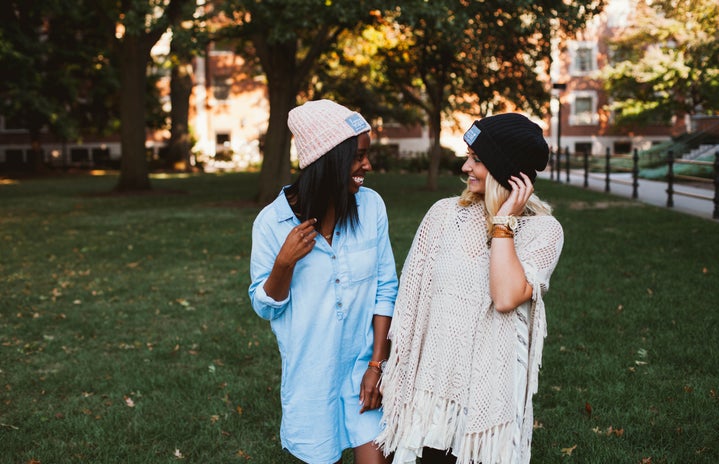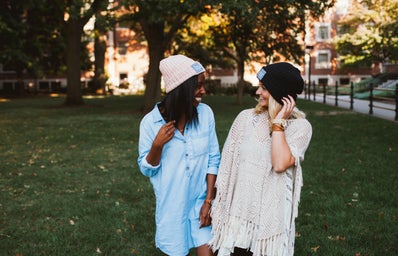Anyone with access to social media is no stranger to the immense pressure society places on body image and self-esteem. There were times when creams to ‘hide stretch marks’ or ‘reduce cellulite’ were praised and sought after. Preying on women’s (and men’s) insecurities was the perfect way for companies to sell their products; body shaming sells, and it continues to sell. But if you’ve been on the internet, you’ll know just how important body positivity has become in recent years. Like every revolutionary movement though, there are always some drawbacks. But first things first, what exactly is body positivity?
What IS Body Shaming? What IS Body Positivity?
Body shaming is defined as self-criticism or criticism of others due to some aspect of their physical appearance. On the opposite end of the spectrum, body positivity refers to the assertion that all people deserve to have a positive body image, regardless of how society and popular culture view ideal shape, size and appearance. Body shaming sees you in the mirror and expresses disgust at the stretch marks on your hips, whispering in your ear to find any way to get rid of them. Body positivity takes a look at your stretch marks and tells you to fall in love with your ‘tiger stripes’ and ‘war patterns,’ because they make you beautiful. Now before I get into why I think these are both bullsh*t, let me explain why body positivity is overrated.
Body Positivity and the All or Nothing Mentality
Body positivity tends to focus on loving yourself, loving everything about yourself and being completely comfortable in yourself. Not only is this unrealistic (very few people are 100% okay with their appearance 100% of the time), but it leaves no room for people in the middle. For people who struggle with loving certain aspects of themselves, it becomes hard to balance the act of either hating your body or loving it. Body positivity also tends to shame people for wanting to change an aspect of themselves (think – if you really loved your body, you wouldn’t be trying to lose weight). It seems we’ve gone from body shaming and hating yourself to body positivity and loving yourself. But that just isn’t always realistic.
Body Neutrality & Minding Your Business
Features labelled as ‘flaws’ or ‘imperfections’ have been relabelled to ‘strengths’ and ‘beautiful.’ My issue is, why do they have to be labelled, why can’t they just be? Not everything has to have some magical positive connotation associated with it to be valuable and have worth. Rather than producing an all-or-nothing mentally, body neutrality aims to dial down the enormous significance that’s being given to physical attractiveness in our world. Stretch marks don’t have to be these ugly imperfections, but they don’t have to be these strong tiger stripes either. We can recognize that stretch marks are a natural part of bodies and accept them without over romanticizing them. This goes for all aspects of our appearance and bodies – why can’t we just be?
Overall, I think it’s nobody’s business what you choose to do or not do regarding your body. Whether or not you love or hate your body, we should be focusing on being comfortable in your skin. What that looks like is up to you.



